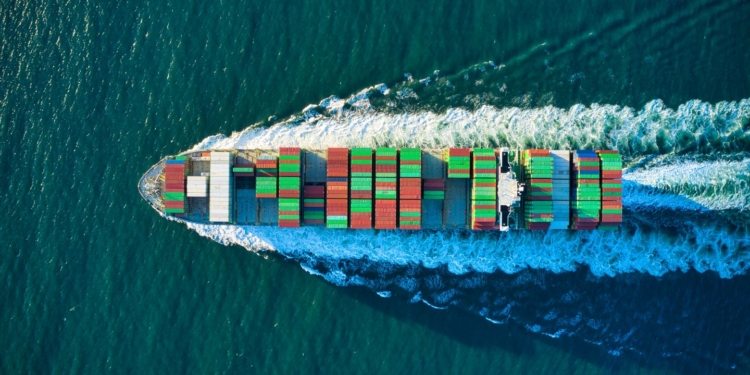Between January and July 2025, Tunisia continued its trade with the rest of the world. If the volume of products sold abroad has remained almost stable, purchases from other countries have increased. This development has widened the country’s trade deficit, revealing significant sectoral and geographic imbalances. Here is a clear and simple point on Tunisia’s current economic situation in terms of imports and exports.
Exports stagnate, imports increase
Tunisia sold around 37 billion dinars worth of products abroad, almost the same amount as in 2024. On the other hand, it purchased more products from abroad: almost 49 billion dinars, an increase of almost 5% compared to the previous year.
This means that Tunisia spends more than it earns from its international trade. The trade deficit, that is to say the difference between what we buy and what we sell, has widened to reach around 12 billion dinars.
Which sectors export more or less?
Some industries have done well: mining and the mechanical/electrical sector have increased their sales abroad.
But other sectors sold less, such as energy (due to a drop in refined products), agri-food (notably olive oil) and textiles.
Tunisia imports more machinery, raw materials and consumer goods. On the other hand, she buys fewer energy and food products.
Who does Tunisia trade with the most?
The European Union remains the main trading partner, with more than two thirds of exports. Sales increase to Germany, France and the Netherlands, but decrease to Italy and Spain.
Trade with Arab countries, such as Libya, Morocco, Algeria and Egypt, is also increasing.
On the import side, Tunisia buys more from France, Germany, China and Turkey, but less from Russia, India, Greece and Belgium.
Where does the trade deficit come from?
The biggest deficit comes from the energy sector (more than 6 billion dinars). Raw materials, machines and consumer goods also contribute to this imbalance. On the other hand, the food sector is in surplus, that is to say it brings in more than it costs.
In summary, despite a slight stability in sales abroad, Tunisia faces a widening trade deficit, mainly due to the increase in purchases of certain essential products. This imbalance highlights the importance of supporting certain sectors and diversifying markets to improve the country’s economic balance in the months to come.








